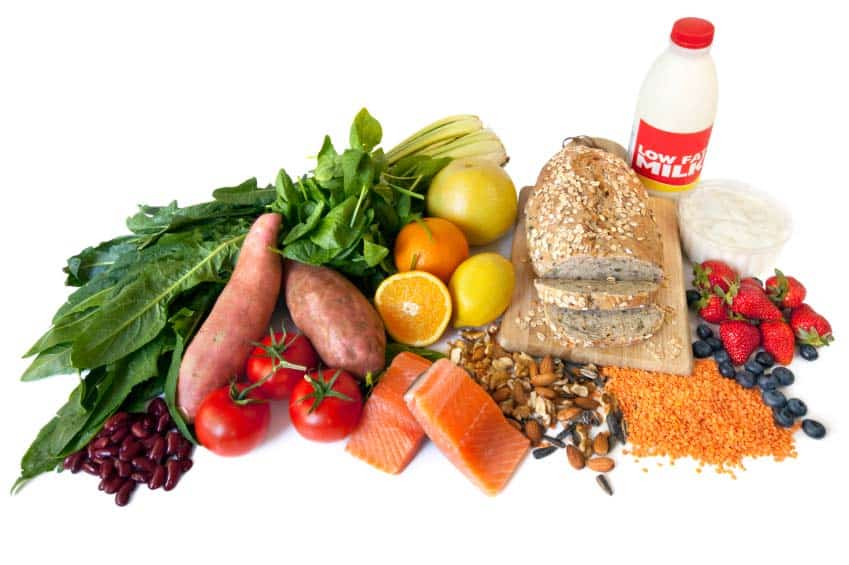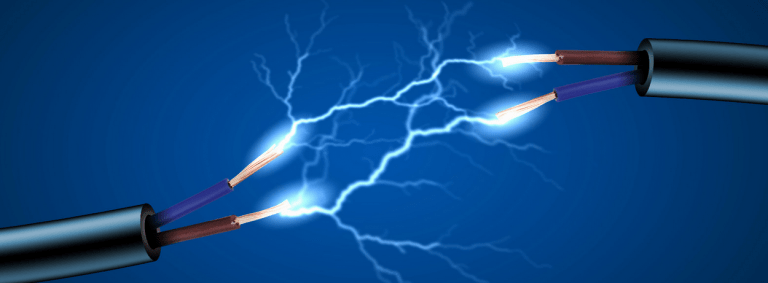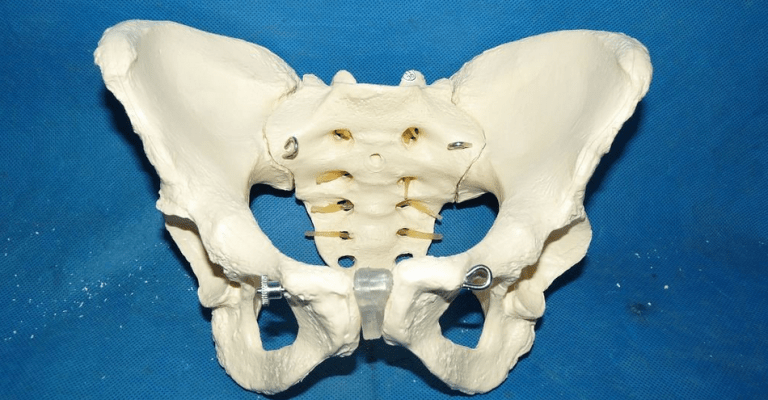Could your diet be the cause of your prostatitis symptoms? It is possible. Some foods trigger symptoms in some men, but it is also possible that a food intolerance or food allergy could be causing inflammation of the prostate. Even though food intolerance and food allergy have similar symptoms, they are not the exact same thing. Their possible role in causing chronic prostatitis is uncertain, and not all experts agree that these food issues can even cause prostatitis. Here is what we know about food intolerance, food allergy, and chronic prostatitis/chronic pelvic pain syndrome (CP/CPPS).
How do food allergies and food intolerances differ? In short, food intolerance symptoms may feel uncomfortable, but food allergy symptoms can be life threatening. Food allergy symptoms can affect the entire body because the food allergy is an immune system response.
The symptoms of a food allergy can include the following:
- Nausea
- Abdominal pain
- Vomiting
- Diarrhea
- Hives
- Itchy skin
- Shortness of breath,
- Sudden drop in blood pressure
- Difficulty swallowing
People who have a food intolerance typically experience the following symptoms:
- Nausea
- Abdominal pain
- Vomiting
- Diarrhea
- Bloating
- Gas
- Cramps
- Headache
- Irritability
- Nervousness
One reason some experts recommend that patients consider looking into a food intolerance or food allergy as a cause of prostatitis is that some men experience a flare-up of symptoms when they eat certain foods. The foods more commonly associated with food intolerance and food allergy include wheat and wheat products, such as breads, pasta, and baked goods. Trying a wheat-free diet could help determine if wheat is the cause, and it certainly can’t hurt. Some evidence suggests that wheat causes inflammation in the body. Other men have noticed their symptoms get worse or flare-up after eating spicy or acidic foods.
Researchers are learning more and more about the gastrointestinal (GI) tract and how it even has its own nervous system. The GI tract is rich in hormones, neurotransmitters, chemical messengers, enzymes, and bacteria. Doctors are discovering that the gut is an important part of the immune system, housing 70% of the body’s immune system. Undiagnosed or undetected food sensitivities may wreak havoc on this system, leading to inflammation and an imbalance between beneficial and harmful bacteria and also causing other problems such as arthritis, asthma, allergies, autoimmune disorders, and possibly prostatitis.
Unfortunately, identifying a food intolerance or food allergy can be challenging. Sometimes a person will not respond to a particular food for hours or days, so it is hard to pinpoint which food could be responsible for the symptoms.
Another problem with finding a food allergy or intolerance is that people can develop something called an “allergy-addiction syndrome.” This means they might experience relief after eating an offending food, but later it is found to be causing their chronic symptoms. That’s why we still do not know much about the relationship between prostatitis and food intolerances/food allergies.
If you believe that food intolerance or food allergy could be the cause of your prostatitis symptoms, you may talk to your doctor about getting an ALCAT (antigen leukocyte antibody test) test or trying an elimination diet to determine what foods to avoid. An elimination diet can help you uncover possible food allergies. It is a less expensive alternative to the ALCAT test. Naturopathic urologist Dr. Geo Espinosa routinely has patients look at dietary causes of prostatitis, but he has stopped using the ALCAT test because it is not as accurate as previously thought.
The ALCAT allergy test is designed to identify a person’s reaction to over 350 foods, chemicals, or substances that may cause inflammation in the body. The test can help in determining the causes of several chronic health problems besides prostatitis, such as asthma, and migraines. If you are able to identify and eliminate the substances you are sensitive to, you may be able to significantly reduce your prostatitis symptoms. Use the test with caution, though because it can throw out false positives, making it less accurate than hoped.
An elimination diet is something you can do yourself at home inexpensively. Here are some tips if you would like to try an elimination diet to narrow down a potential dietary cause of prostatitis symptoms.
To begin with, a food elimination diet will remove a large variety of foods that may cause food allergies. Some elimination diets eliminate the following foods:
- Wheat/gluten
- Alcohol
- Coffee
- Dairy
- Soy
- Eggs
- Citrus fruits
- Nuts
- Nightshade vegetables (peppers, potatoes, tomatoes, and eggplant)
- Corn
- Beans/lentils
- Meats like pork, beef, or chicken
You can keep eating rice, fish, turkey, lamb, most fruits, and most vegetables and be sure to drink plenty of water in that time.
Avoid the elimination foods for three to four weeks. Keep a journal. If you notice that you feel much better during the elimination period it is a sign that something you commonly eat could be a problem for you.
Slowly reintroduce the foods one at a time and continue to keep a journal to monitor your symptoms for two days after each new reintroduction. If you do not observe any changes or symptoms, try adding in a new food after a few days. The whole process can take five to six weeks.
What should you put in your journal? Note how you are feeling, keeping track of how much you sleep as well as your physical, mental, or emotional signs or symptoms. Negative reactions to foods may be expressed as:
- GI pain/bowel changes
- Bloating
- Insomnia
- Fatigue
- Skin breakouts
- Sinus/respiratory issues
- Brain fog
- Headaches
- Pelvic pain
- Any other prostatitis symptoms
If you identify problem foods, then try eliminating them from your life completely to help in managing or eliminating your prostatitis symptoms. You may also need to employ other natural and alternative treatments to get complete relief. There could also be additional causes of your symptoms to identify as well.







